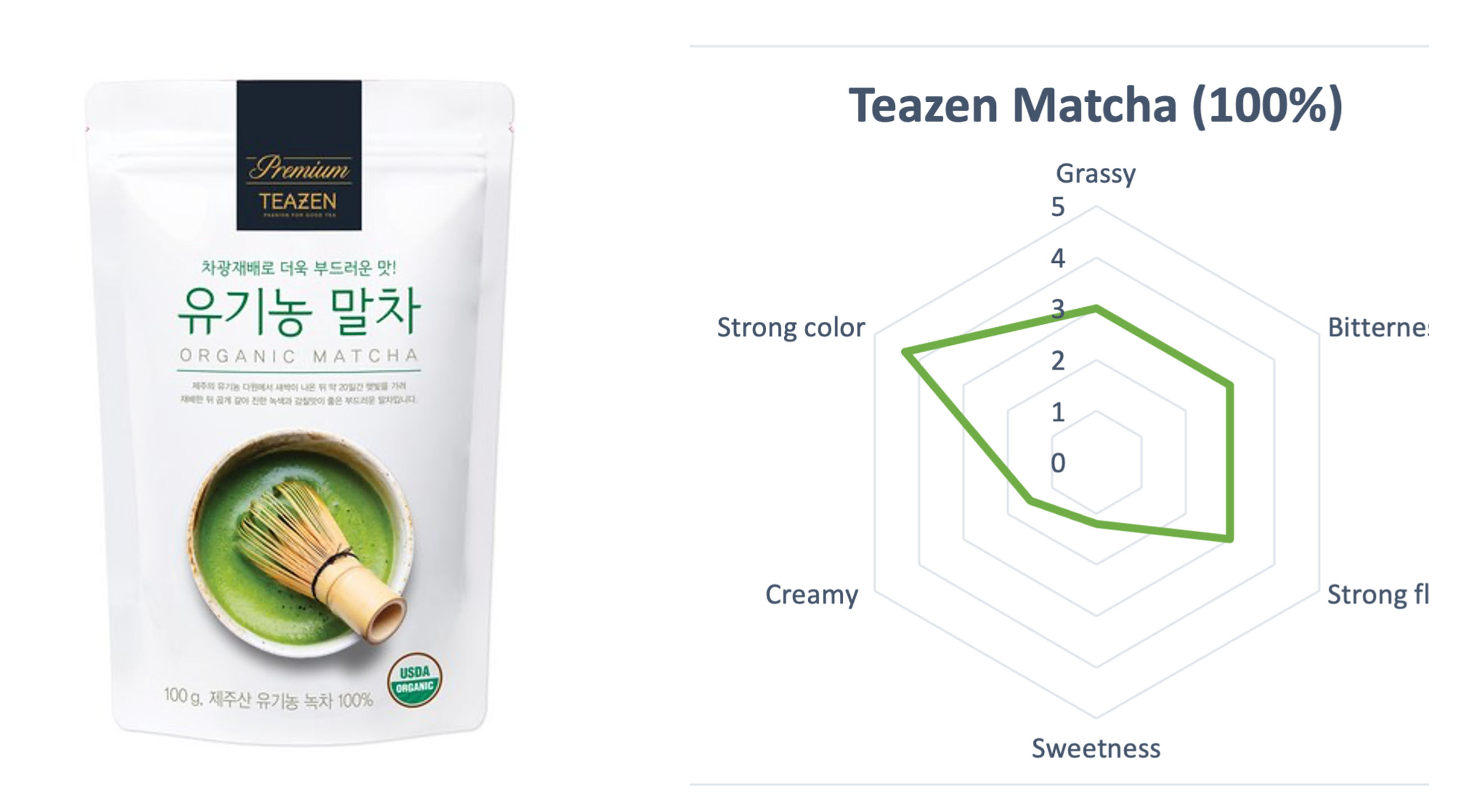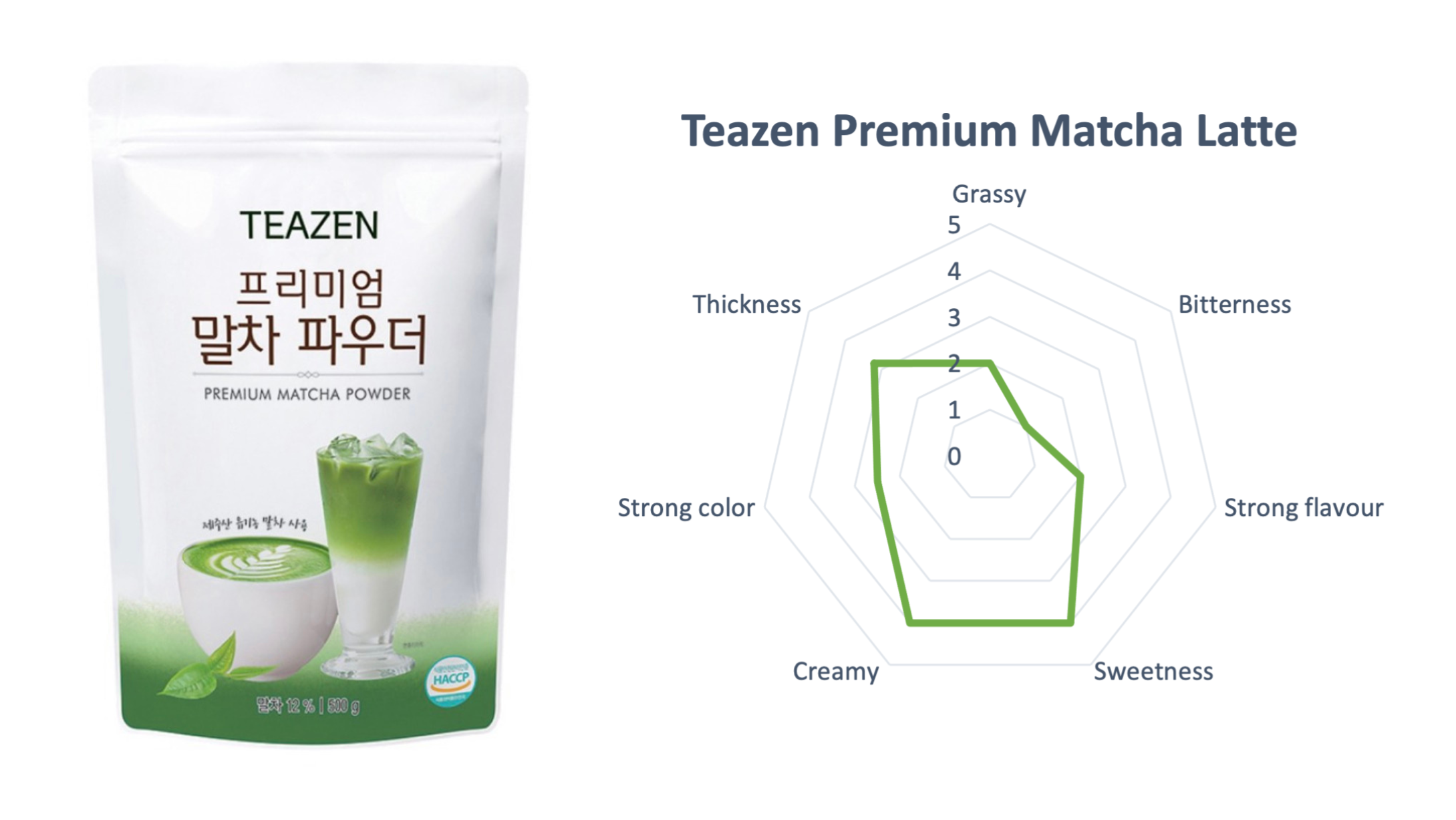
Korean Matcha: The Health Benefits, Flavor Profile, and Cultural Significance of this Delicious Tea
Korean matcha, also known as nokcha or malcha, is a finely ground green tea powder that is made from the leaves of the Camellia sinensis plant, the same plant used to make other types of green tea. However, what makes Korean matcha unique is the way the tea leaves are grown, harvested, and processed, as well as the distinct flavor and cultural significance of the tea.
In this blog post, we'll explore the health benefits, flavor profile, and cultural significance of Korean matcha, and why you should consider adding this delicious tea to your daily routine.
Health Benefits of Korean Matcha
Korean matcha is loaded with antioxidants, which help to protect your body from damage caused by harmful free radicals. These antioxidants have been linked to a range of health benefits, including reduced inflammation, improved brain function, and a lower risk of chronic diseases like heart disease and cancer.One of the unique health benefits of Korean matcha is its high level of the amino acid L-theanine. L-theanine is known for its calming effects and can help to reduce stress and anxiety while improving mental clarity and focus. It's this combination of caffeine and L-theanine that makes matcha a popular alternative to coffee for many people.
Flavor Profile of Korean Matcha


Cultural Significance of Korean Matcha
Korean matcha has a long history and cultural significance in Korea, dating back to the 9th century when it was first introduced from China. It was traditionally consumed by royalty and nobility and remains an important part of Korean tea culture today. Korean matcha is often served as part of a traditional Korean tea ceremony, which is a way to connect with Korean history and culture.In addition to its cultural significance, Korean matcha is also an important part of Korean cuisine. It's used to flavor dishes like rice cakes, ice cream, and noodles, and is often added to traditional Korean tea snacks.
How to Make Korean Matcha: A Step-by-Step Recipe for this Traditional Tea
1. Perfect Your Matcha Game: Tips and Tricks for Making the Best Homemade Starbucks Matcha Latte
2. Discover the best recipe for a delicious Matcha latte
https://kteashop.com/blogs/news/discover-the-best-recipe-for-a-delicious-matcha-latte
Product Link
2. Matcha Latte
https://kteashop.com/collections/macha/products/%ED%8B%B0%EC%A0%A0-%EB%A7%90%EC%B0%A8-teazen-macha500g?variant=44493310427422
